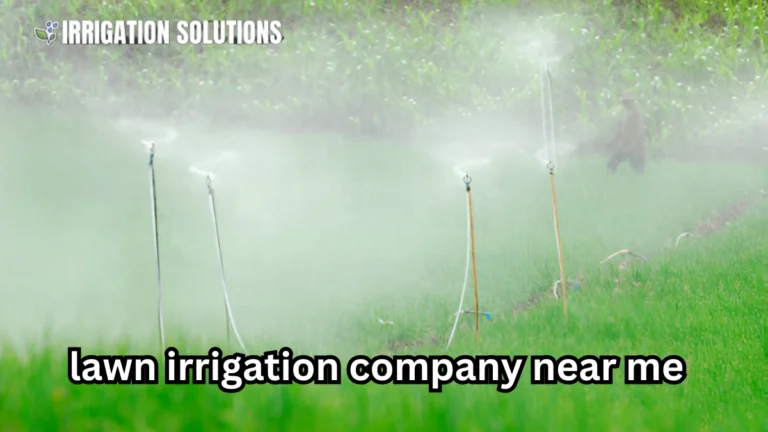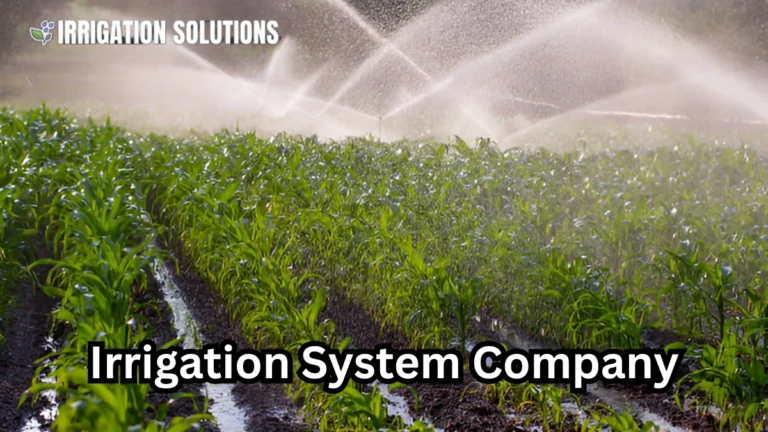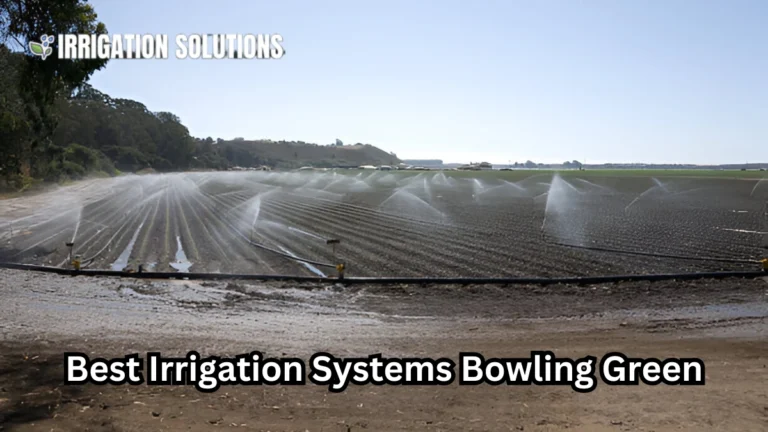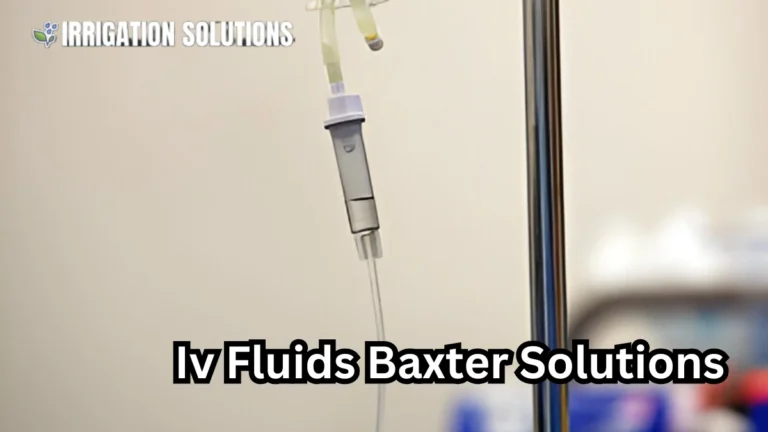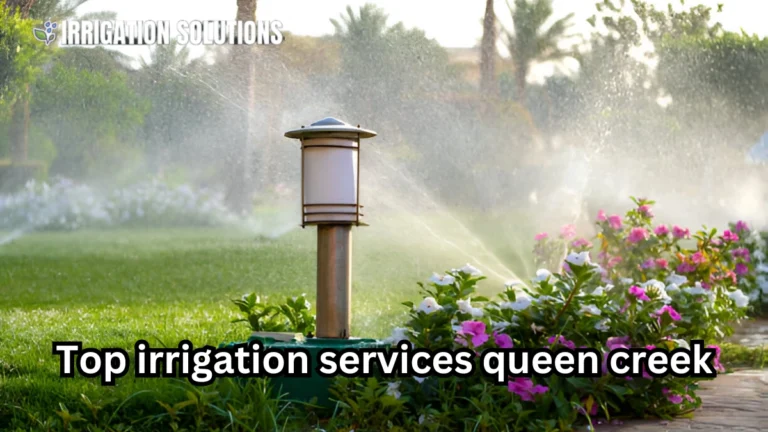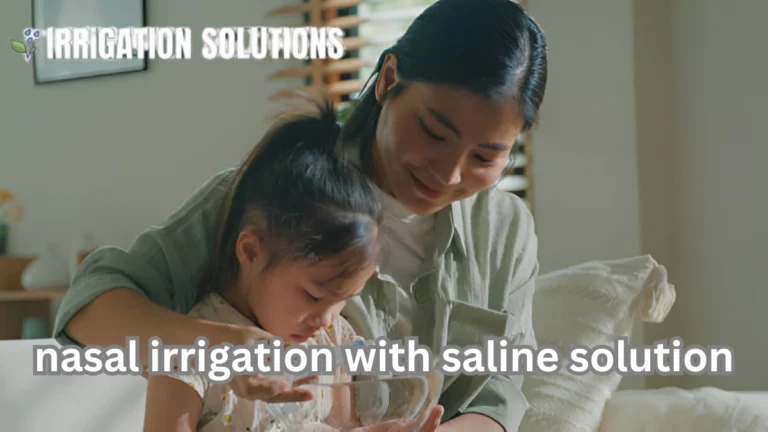Best residential irrigation system
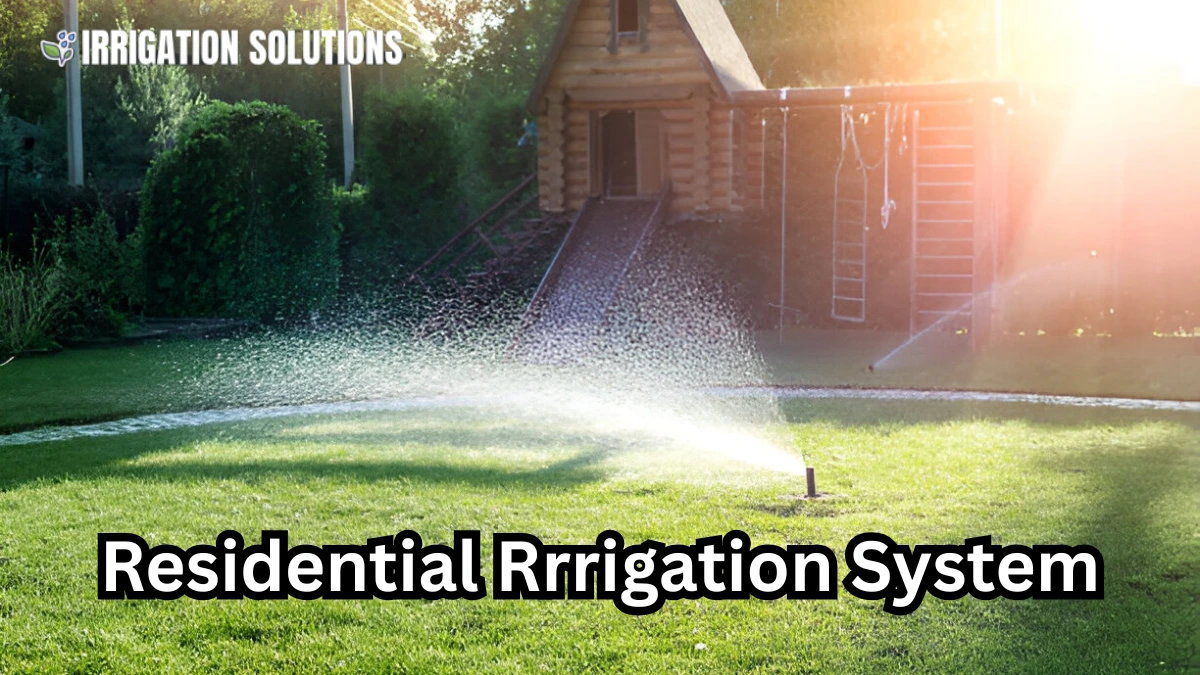
A lush green lawn doesn’t happen by accident; it needs planning, maintenance, and most importantly, the right irrigation system. If you’ve ever searched for “residential irrigation system”, you’re not alone. Homeowners across the country are recognizing the value of professional irrigation systems for saving time, water, and money.
But what exactly should you look for in a residential irrigation company? What type of irrigation system is best for your yard? How much should you expect to spend? Let’s dive deep into these questions and more.
What Is a Residential Irrigation System?
A residential irrigation system is a network of pipes, valves, sprinklers, and timers designed to automate the watering of your lawn and garden. Instead of manually dragging a hose across your yard, an irrigation system ensures your plants get the right amount of water at the right time without wasting a drop.
Types of Residential Irrigation Systems
Each yard is unique. So is the irrigation system that suits it best. Here’s a quick overview of the most common types:
| Type | Best For | Pros | Cons |
| Sprinkler System | Lawns & open areas | Even coverage, customizable zones, automatic control | Wind drift, water waste if not well-adjusted |
| Drip Irrigation | Flower beds, shrubs, vegetable gardens | Direct water to roots, water-efficient, prevents runoff | Clogs easily, not ideal for lawns |
| Soaker Hoses | Narrow garden beds | Easy setup, slow release, water conservative | Less control, less durable |
| Bubbler Systems | Trees and shrubs | High-volume watering, efficient deep soaking | Not suitable for lawns |
| Smart Irrigation | All landscapes | Uses weather data, sensors, and apps for optimal watering | Higher upfront cost, requires Wi-Fi setup |
Why Homeowners Are Googling “residential irrigation system”
You can buy an irrigation kit and do it yourself. But most people don’t. Why?
Because professional residential irrigation companies offer:
- Expert design and zoning to match plant needs and topography
- Advanced automation with smart controllers and sensors
- Water-saving strategies that cut down monthly utility bills
- Compliance with local regulations for water use
- Long-term maintenance plans and warranties
Searching for “residential irrigation companies near me” helps you find licensed pros who know your area’s soil type, weather patterns, and water restrictions.
“A professionally installed irrigation system can reduce water usage by up to 50% compared to manual watering.” EPA WaterSense
How Much Does a Residential Irrigation System Cost?
Prices vary, but here’s a breakdown of average installation costs in 2025:
| System Type | Average Cost (USD) | Notes |
| Basic Sprinkler System | $2,500 – $4,000 | Front & backyard, standard-sized lawn |
| Drip Irrigation System | $1,500 – $3,000 | Ideal for beds, veggies, shrubs |
| Smart Irrigation Setup | $3,000 – $5,500 | Includes controller, sensors, apps |
| Custom Hybrid Systems | $4,000 – $8,000+ | Mix of sprinkler + drip + smart tech |
Factors that affect pricing:
- Yard size and complexity
- Water pressure and source (well vs. city)
- Soil type (clay needs slower watering)
- Number of irrigation zones
- Type of controller (manual vs. smart)
What to Look for in Residential Irrigation Companies Near You
Before hiring, do your homework. Look for:
✅ Licensing & Insurance
Always choose a company that’s bonded, insured, and certified by relevant associations like the Irrigation Association (IA).
✅ Local Experience
A local pro knows how to work with your city’s regulations, water pressure, and plant types.
✅ Smart Technology
The best companies now offer smart irrigation setups with weather sensors and app controlled timers.
✅ Warranties & Maintenance Plans
A good company won’t ghost you after installation. They offer seasonal check ups, winterization, and repair warranties.
Top Features of Modern Residential Irrigation Systems
Technology has changed the irrigation game. Look out for these smart upgrades:
🌿 Smart Controllers
Connects to Wi-Fi and weather apps to adjust watering schedules in real time.
🌧️ Rain & Soil Sensors
Prevents over watering when the soil is already moist or when it rains.
📱 Mobile App Integration
Control zones from your phone, monitor leaks, and receive alerts.
💧 Pressure Regulated Heads
Ensures even water distribution regardless of pressure changes.
Benefits of Installing a Residential Irrigation System
💧 Water Conservation
Modern irrigation systems can reduce outdoor water use by up to 70%. That’s a massive saving for both your wallet and the planet.
⏳ Time Saving Convenience
No more dragging hoses or setting alarms. Automation takes care of everything even while you’re on vacation.
🏡 Improved Curb Appeal
A consistently green lawn and blooming garden can increase property value by 5% to 11%, according to the National Association of Realtors.
🌱 Healthier Plants
Different zones mean tailored watering for lawns, flowers, shrubs, and trees.
Common Mistakes Homeowners Make (and How to Avoid Them)
Even the best systems can fail if not used correctly. Watch out for:
- Overwatering: Causes root rot and fungal diseases.
- Wrong scheduling: Watering during mid-day leads to evaporation loss.
- Poor zone planning: Mixing plant types in one zone leads to uneven growth.
- Neglecting seasonal adjustments: Failing to update the schedule in fall/winter.
Pro Tip:
Set your system to water early in the morning (between 4 a.m. and 6 a.m.) for optimal absorption and minimal evaporation.
How to Choose the Best “residential irrigation system
Here’s a checklist to help you evaluate your options:
| Criteria | Why It Matters |
| Online Reviews & Ratings | Real customer feedback can reveal reliability |
| Free Consultation or Quote | Shows transparency and professionalism |
| Detailed Proposal & Design | Look for zoning, coverage map, and water usage plans |
| Use of Smart Tech | Better efficiency, future-proof setup |
| Maintenance Services Offered | Avoid unexpected repairs or winter damage |
| Certifications | Look for EPA WaterSense partnerships or IA membership |
Case Study: Smart Irrigation System in Action
Location: Phoenix, Arizona
Company Hired: GreenScape Irrigation Pros
Problem: Water bills soaring during summer
Solution: Installed a smart sprinkler system with six zones, rain sensor, and Wi-Fi controller
Results:
- Water bill dropped 42% within 3 months
- Lawn health improved (greener, fewer dry spots)
- Maintenance reduced to twice a year
“We had no idea how much water we were wasting. This system paid for itself within the first year.” Sarah T., homeowner
Seasonal Tips for Irrigation Maintenance
Spring
- Inspect and unclog heads
- Adjust zones for new growth
- Test pressure and controller
Summer
- Monitor for leaks
- Adjust for hotter temps
- Clean filters monthly
Fall
- Reduce watering frequency
- Watch for overwatering
- Prep system for shutdown
Winter
- Drain water from pipes
- Shut off controller
- Schedule professional winterization
Frequently Asked Questions
How long do irrigation systems last?
With proper maintenance, systems can last 15–20 years. Components like sprinkler heads or timers may need replacement every 5–10 years.
Do irrigation systems increase home value?
Yes! Professionally installed systems are considered a value adding feature, especially in areas prone to drought.
Are permits required for installation?
In many states, yes. A reputable local company will handle all permitting and compliance with local ordinances.
How often should I maintain my system?
At least twice a year spring startup and fall shutdown plus monthly checks during peak seasons.
Final Thoughts
When you’re searching “residential irrigation companies near me,” you’re not just looking for someone to install pipes. You’re investing in your home, your time, and your landscape’s future. Choose a company that offers local knowledge, advanced technology, and ongoing support.

